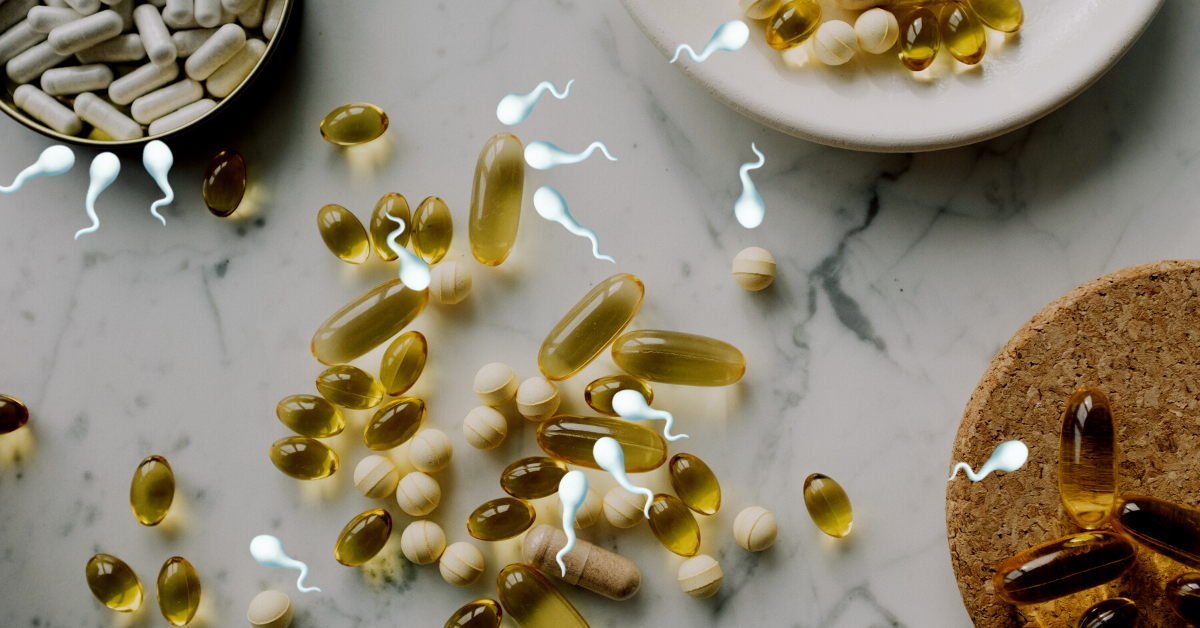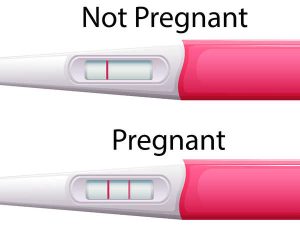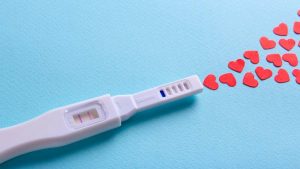If you are trying to conceive, you may have heard about the benefits of taking supplements to boost your fertility. But what are these supplements, how do they work, and are they safe and effective? In this blog post, we will answer some of the most common questions about supplements and fertility, and help you make informed decisions about your reproductive health.
What are supplements?
Supplements are products that contain vitamins, minerals, herbs, or other substances that are intended to supplement the diet. They can come in different forms, such as pills, capsules, liquids, powders, or gummies. Some supplements are designed to address specific health conditions or needs, such as prenatal vitamins for pregnant women or omega-3 fatty acids for heart health. Others are more general and claim to support overall wellness or immunity.
What are the benefits of supplements for fertility?
There is no definitive answer to this question, as different supplements may have different effects on different people. However, some of the possible benefits of supplements for fertility include:
– Improving the quality and quantity of eggs and sperm
– Balancing hormones and regulating menstrual cycles
– Enhancing blood flow and oxygen delivery to the reproductive organs
– Reducing inflammation and oxidative stress
– Supporting the implantation and development of the embryo
– Preventing or correcting nutritional deficiencies that may impair fertility
What are some examples of supplements for fertility?
Many supplements claim to improve fertility, but not all of them have strong scientific evidence to back up their claims. Some of the most popular and researched supplements for fertility include:
– Folic acid: This is a B vitamin that is essential for DNA synthesis and cell division. It can prevent neural tube defects in the developing baby and may also improve ovulation and sperm quality. The recommended daily intake for women of childbearing age is 400 micrograms (mcg), but it may be increased to 800 mcg or more if you have a history of neural tube defects or other risk factors.
– Coenzyme Q10 (CoQ10): This is a substance that is involved in energy production and antioxidant defense in the cells. It may improve egg and sperm quality by protecting them from oxidative damage and enhancing their mitochondrial function. The optimal dose for fertility is not clear, but some studies have used 200 to 600 milligrams (mg) per day.
– Vitamin D: This is a fat-soluble vitamin that regulates calcium and phosphorus metabolism and supports immune function. It may also play a role in hormone production and balance, as well as implantation and placental development. Vitamin D deficiency is common among women with infertility and may affect their response to fertility treatments. The recommended daily intake for adults is 15 mcg (600 international units [IU]), but it may be increased to 25 mcg (1000 IU) or more depending on your blood levels and other factors.
– Omega-3 fatty acids: These are polyunsaturated fats that have anti-inflammatory and anti-thrombotic properties. They may improve blood flow and oxygen delivery to the reproductive organs, as well as modulate hormone levels and reduce the risk of miscarriage. The best sources of omega-3 fatty acids are fatty fish, such as salmon, mackerel, herring, and sardines. The recommended daily intake for adults is 1.1 grams (g) for women and 1.6 g for men, but it may be increased to 2 to 4 g per day for fertility purposes.
– Zinc: This is a trace mineral that is involved in DNA synthesis, cell division, hormone metabolism, and immune function. It may improve egg and sperm quality by preventing chromosomal abnormalities and DNA damage. It may also enhance the fertilization process and embryo development. The recommended daily intake for adults is 8 mg for women and 11 mg for men, but it may be increased to 15 to 30 mg per day for fertility purposes.
Are there any risks or side effects of taking supplements for fertility?
While supplements can be beneficial for fertility, they can also have some risks or side effects if taken inappropriately or excessively. Some of the potential risks or side effects include:
– Interactions with medications or other supplements
– Allergic reactions or hypersensitivity
– Gastrointestinal upset or nausea
– Headaches or dizziness
– Changes in blood pressure or blood sugar levels
– Liver or kidney damage
– Bleeding or clotting disorders
– Hormonal imbalances or disruptions
How can I choose the best supplements for my fertility?
Before taking any supplements for fertility, you should consult with your doctor or a qualified health professional who can assess your medical history, current medications, lifestyle factors, and fertility goals.





